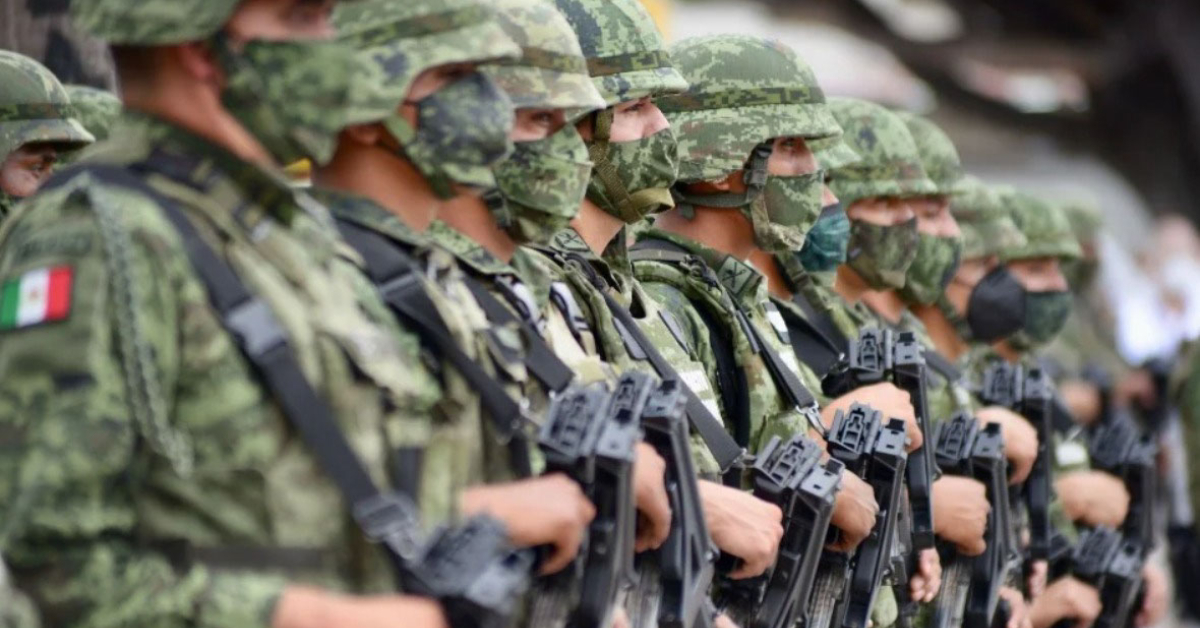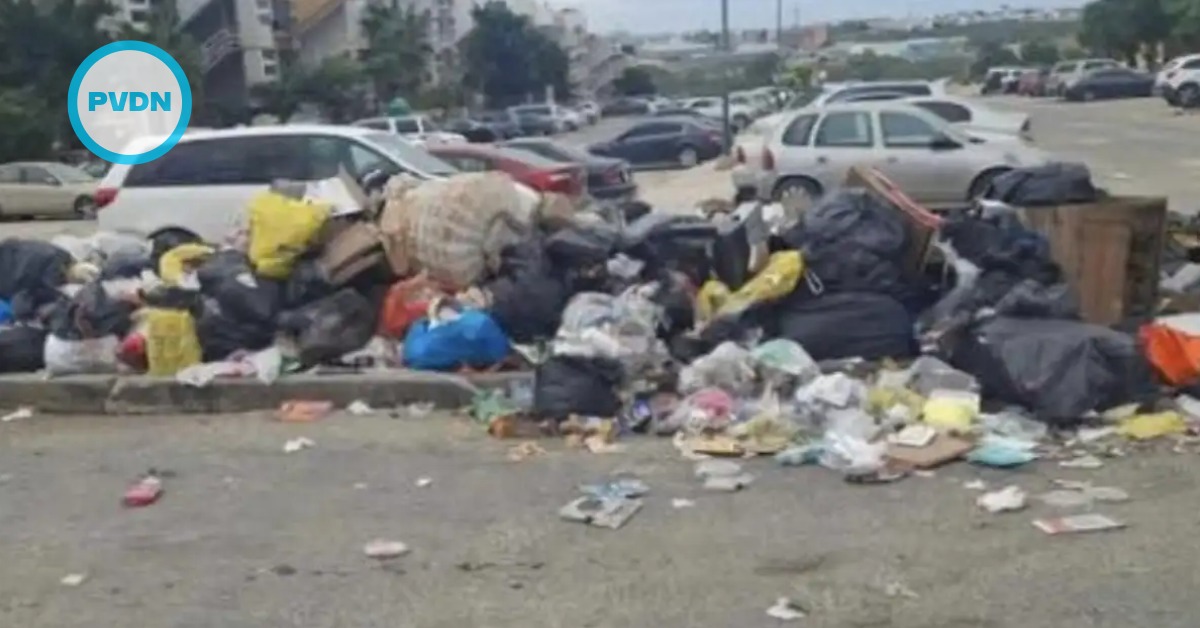The Secretariat of National Defense (Sedena) has drafted initiatives to reform at least 10 laws, three regulations, and the Mexican Constitution.
In most of these cases, the projects are sent to the Legal Department of the Federal Executive (CJEF) to be presented to the Legislative Power in the name of President Andrés Manuel López Obrador.
With the proposed modifications, Sedena seeks to strengthen its capacities to carry out work to protect the National Air Space; modify the legal framework for the operation of Olmeca-Maya-Mexica company and open the possibility of creating . . .






